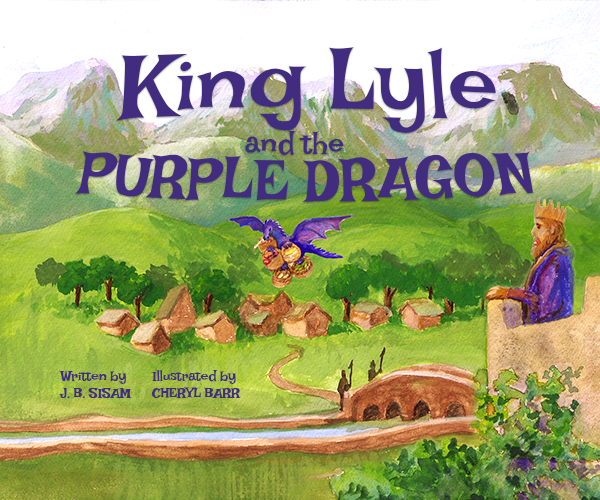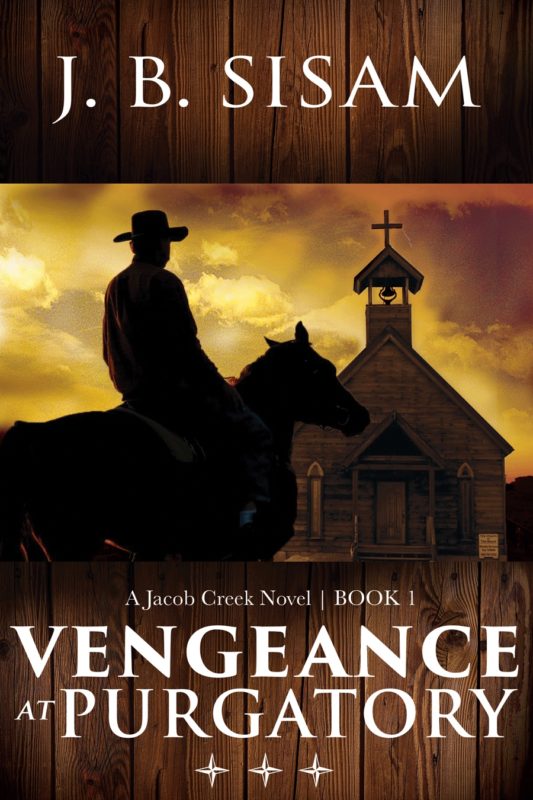Why do we tell stories? I suppose it’s to fulfill some need to entertain or enlighten someone. Maybe it’s about broadening someone’s ideas or changing their ideas and belief system. But one thing is certain, as writers, our job is to tell stories.
[featured-image single_newwindow=”false”]
Life is filled with adventure and romance. It has its ups and downs like a rollercoaster. But I often wonder, why do so many people write and yet not say anything that will change the course of someone’s life? Isn’t that the purpose of story–to change a life one word at a time?
Perhaps, if we tell a story, and no one likes it that we’re doing something wrong. When I first began writing stories, I thought it was only about writing fiction. I know, that seems kind of silly, but it’s true; I honestly thought writing stories was writing fiction.
Boy, was I wrong? I didn’t know that writing a simple blog post, and telling a good story can go hand-in-hand. So now, every blog post usually has at least one life lesson or story to draw out my article’s point.
Today, I tell all kinds of stories. Whether I’m writing for this blog, an article for a magazine/newspaper or even preparing a speech, I’m telling stories to connect my material with what I’m trying to say. In other words, stories move the dialogue along and pull the reader through the experience of reading.
So, I’ll ask again, why do we write stories? Keep reading to find out my 5 Ways To Power Up Your Story.
Story is about authenticity.
I’ve often heard, and agree, that writing is a very lonely craft. You sit in front of your computer, staring at a blinking cursor. Then as the words flow from your mind and heart to the page, you’re left with the idea, should I include this story from my life?
Telling a story in your article is all about authenticity. The more open we become and vulnerable we are in our writing, the more we’ll connect with our readers on a deeper level. We want our readers to be moved by our words and using an authentic story will help open that door.
Now, does that mean you should always use personal stories? No, of course not. The world is filled with fantastic stories of heroes, successes or failures to help us drive the point home. The main goal, connect with the reader in a real and authentic way. In other words, write what you know. Be open and vulnerable in your words.
Story is about noticing life events.
I mentioned above that life is filled with adventure and romance, and these make great stories! If you want to really take things to the next level, find the little aspects of life you can share with your readers. It’s the little things that can sometimes mean the most and give you that much-needed bang for your buck.
When I was putting together a sermon for last Sunday, I used the example of using my living room as a quiet place for morning devotions. It was a simple life experience I wanted to share with my audience. It worked, and people liked the idea of finding their own quiet place to meet with God.
Begin looking at what you do each day. You’ll be amazed in what you’ll find. Once you see a life event, you can use that to help you progress your thought and connect with the reader on a personal level. Why? Because they can identify with what you’re saying on a personal level.
Story is about sharing life experiences.
This is where you want to be writing down your big adventures. I try and keep a running tab of major life experiences. Some are written down, others are locked away in my head, ready to use at a moments notice.
I encourage you to write down big life experiences. These will give you plenty to use in conveying something important to your audience. If I’m talking about marriage, I’ll use my own personal experience–with my wife–to share the value of what a strong marriage can do for you.
Stories that are fun, big and exciting will give you the power and authority you’re looking for. The reason, you’ve been there and you’re trying to help your reader along in their own journey of life.
Use an app like Evernote and begin jotting down your stories. I even encourage you to begin journaling, as this will help you identify your life experiences. We all should write from our life experiences. It doesn’t matter what we write, it should all stem from what we have experienced.
Story is about connecting with the reader.
When I read something on the internet or when I read a book, I want the author’s words to connect with my heart and mind. If I don’t feel the connection with what has been written, I put it down and wade through it later.
It doesn’t mean I don’t like it, it just means that I’m not making a connection with the author’s words. But this is the most important task of all writing–telling a story or stories to convey a message that will help change the life of someone who reads our words.
It’s all about change. Change doesn’t happen by accident. Change happens by writers, who know their craft, putting their words into a story that will move the reader to make a decision about life. I want my words to connect with the reader on a deep and personal level. That’s why, if we’re authentic and vulnerable in our writing, we’ll find our audience and readers moved into action.
Story is about transforming thought.
If you’re writing just to write, stop and save the internet a few hundred words. Spare us from needless and empty petitions, blog posts and news articles. They don’t do anyone any good.
Story is about taking a single thought, expounding on it with stories and life experiences, so that we can change the belief system of a reader. This is why we write.
We write to share new ideas and new thoughts. We write to help transform someone’s life so that they can make an informed decision about their own life. But too often I read blogs where it’s just vulgar words spewed onto a page without any thought to their consequences.
If you truly want to change the world, begin by changing the life of one person–by carefully thinking through your words as you write them down.
[reminder]How has your writing changed someone’s life? What can you change in your writing to change the world of one person?[/reminder]


 Jason (J.B.) Sisam. Best-selling Amazon author of the Christian Early Reader book,
Jason (J.B.) Sisam. Best-selling Amazon author of the Christian Early Reader book, 










LEAVE A COMMENT HERE:
Please note: I reserve the right to delete comments that are offensive or off-topic. Also, this is a clean website, use of any language is not tolerated and your post will be deleted.